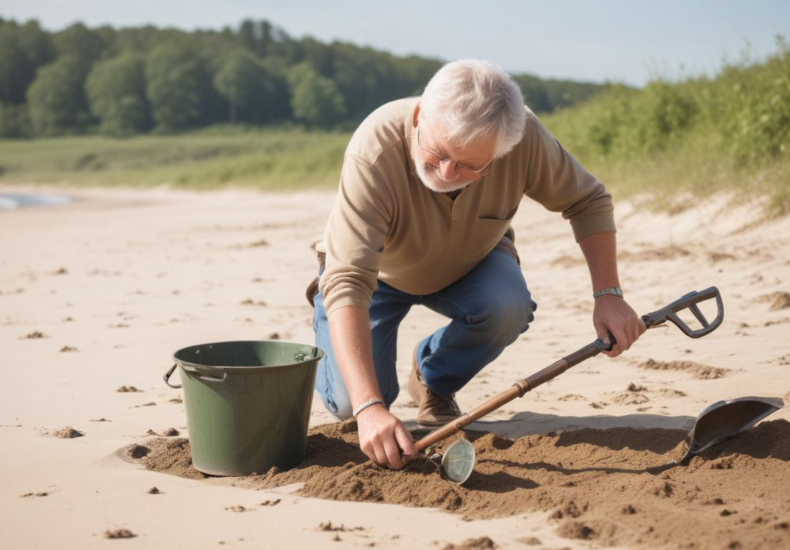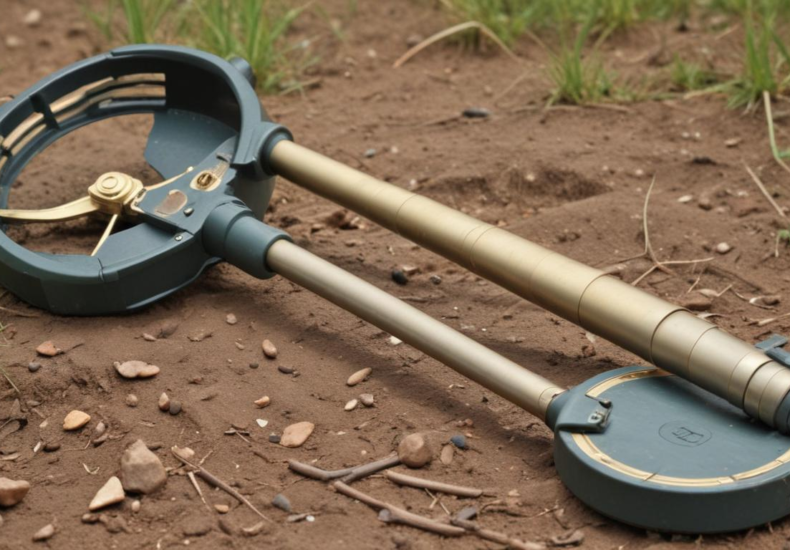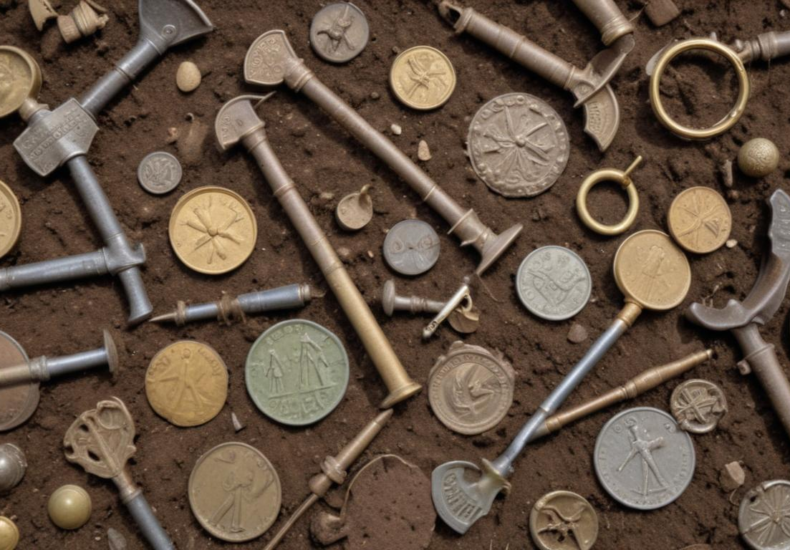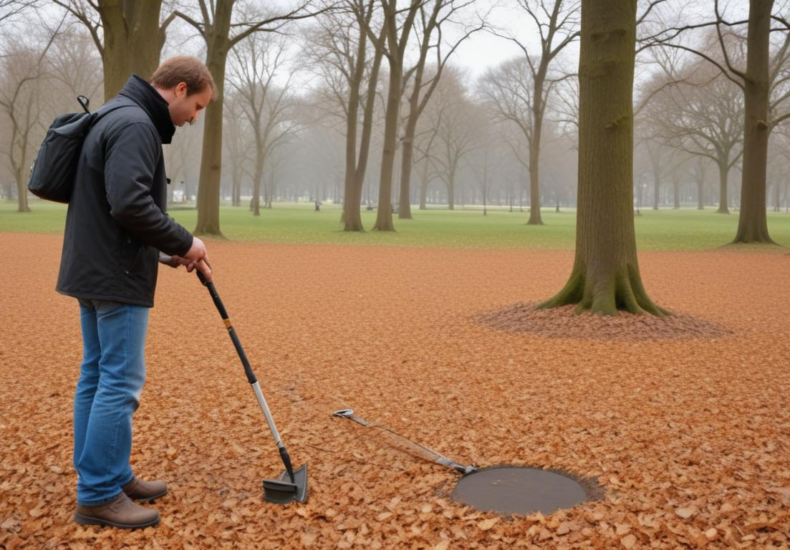Day: April 16, 2025

How to start metal detecting as a retirement hobby
Metal detecting—an enriching retirement hobby—combines exploration, technology, and history. Learning effective techniques and choosing the right type of metal detector are key for seniors, whether searching beaches or parks, aiming for comfort and efficiency. Navigating legal and ethical aspects is equally essential to make the most of this adventure while respecting the environment and local regulations.

Best metal detectors for relic hunting
Exploring the depths of history with a metal detector requires more than just passion; it demands the right technology. Understanding the different types of metal detectors—Very Low Frequency (VLF), Pulse Induction (PI), and Multi-Frequency (MF)—and their unique capabilities can significantly enhance your relic hunting success. Delving into each type’s strengths, from discrimination abilities to depth penetration, can help you unearth treasures ranging from Civil War artifacts to ancient coins. Choosing the ideal metal detector involves assessing features like ground balance, detection depth, and sensitivity controls, vital for optimizing your searching efficiency in diverse terrains and conditions. Discover the sophisticated technologies and strategic considerations that arm you for historical adventures beneath the surface.

How to identify your metal detecting finds
Mastering the identification of metal detecting finds involves differentiating various metals and alloys such as iron, copper, silver, gold, and lead, each with unique properties and decay patterns. By applying tools and techniques like magnifying glasses and portable metal analyzers, enthusiasts can delve into historical contexts, accurately date artifacts, and significantly contribute to the exploration of past civilizations. Understanding and employing these methods can transform simple items into profound historical narratives.

Metal detecting in parks: dos and don’ts
Navigating the maze of regulations for metal detecting in parks is essential for every enthusiast. From understanding specific local laws to selecting the right equipment, each choice impacts the delicate balance between a successful treasure hunt and preserving the ecological and historical integrity of the area. Knowing when and where you can use metal detectors, the right digging tools to minimize environmental disruption, and the importance of reporting significant finds not only ensures legal compliance but fosters a respectful hobby practice. Discover the delicate etiquette of metal detecting and its impact on natural and historical conservation.